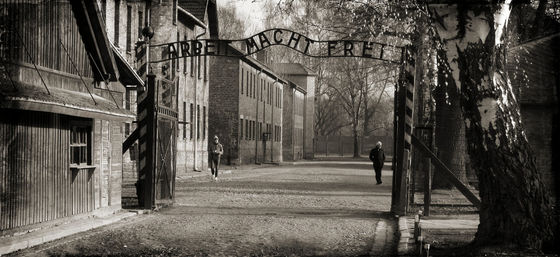Is “violence” human nature?

Humankind's oldest civilization appeared 3,000 to 4,000 years ago, but
Are humans inherently violent? | Live Science
https://www.livescience.com/are-people-inherently-violent
A 2014 study published in the scientific journal Nature found that after more than 50 years of studying chimpanzee communities, humans' closest ape relatives, there were a total of 152 cases of chimpanzee-on-chimpanzee killings in 15 of 18 groups. Incidents have been confirmed, and it is said that most of them occurred between individuals within the herd. This has led some scientists to believe that violence was a common option, at least until the common ancestor of humans and chimpanzees.

Pat Barclay, an evolutionary psychologist at the University of Guelph in Ontario, Canada, told Live Science: 'There is evidence of violence that predates the earliest historical records, including skulls with arrowheads embedded in them. 'These are traces of violent deaths. This suggests that violence existed before the development of complex societies and civilizations.'
However, if violence was at the origin of human civilization, it would not be strange to see violence similarly rampant in every society that descended from it, but the incidence of violence varies greatly depending on region, culture, and era. . For example, nomadic societies have relatively low levels of interpersonal violence, whereas eras of pillaging and conquest naturally had high levels of violence. Also, when comparing the United States, which is often lumped together as the West, with Europe, the United States is more violent than most European countries.
Pointing out that this shows that even within the human species, there are societies with more violence and societies with less violence, Berkeley said, ``There is an order of magnitude difference in the incidence of violence between societies. There are records of half the men in some societies being violently murdered by the other half, while in other societies, like modern-day Japan, physical violence is extremely rare.'

We don't know where the first violence came from, but we know that violence begets violence. In other words, in cultures where conflict is common, violence is more likely to spread across generations, leading some epidemiologists to suggest that violence is contagious, like some kind of infectious disease.
However, violence exists even in societies where violence is not endemic. Brad Evans, a researcher specializing in political violence at the University of Bath in the UK, said, ``Even an ordinary good person can turn into a monster as soon as the situation changes. There is no clear formula to explain what will happen, which is why the issue is so complex.'
According to Barclay and Evans, unlike infectious diseases, which are more easily transmitted the more people come into contact, violence is easier to carry out as the perpetrator is farther away from the victim. In other words, it's much easier to push the launch button on a nuclear missile than it is to physically beat someone up.
For example, in a famous experiment known as the ``

There is a consensus among scientists that humans have always been violent animals throughout our evolutionary history, and that violence is a product of sedentary lifestyles, patriarchal ideology, and deadly technology. There are conflicting ideas that humans were originally gentle, `` noble savages ,'' and no resolution has been reached. Based on this, there are two types of human violence: ``proactive violence,'' which occurs when one group seizes resources or land from another group, and ``reactive violence,'' which is a reaction when faced with such violence. Some research suggests that there is.
While violence seems ingrained in human nature, human society is clearly more peaceful than the predatory natural world. From this point of view, Berkeley says, ``If we look at it objectively, people are at much lower risk of being exposed to violence than they used to be, and we live in the most peaceful era in history. That's not necessarily the case. Unless we fight climate change, food shortages, disasters, despair and reasons for war will continue to increase.'
Related Posts:
in Free Member, Note, Posted by log1l_ks







